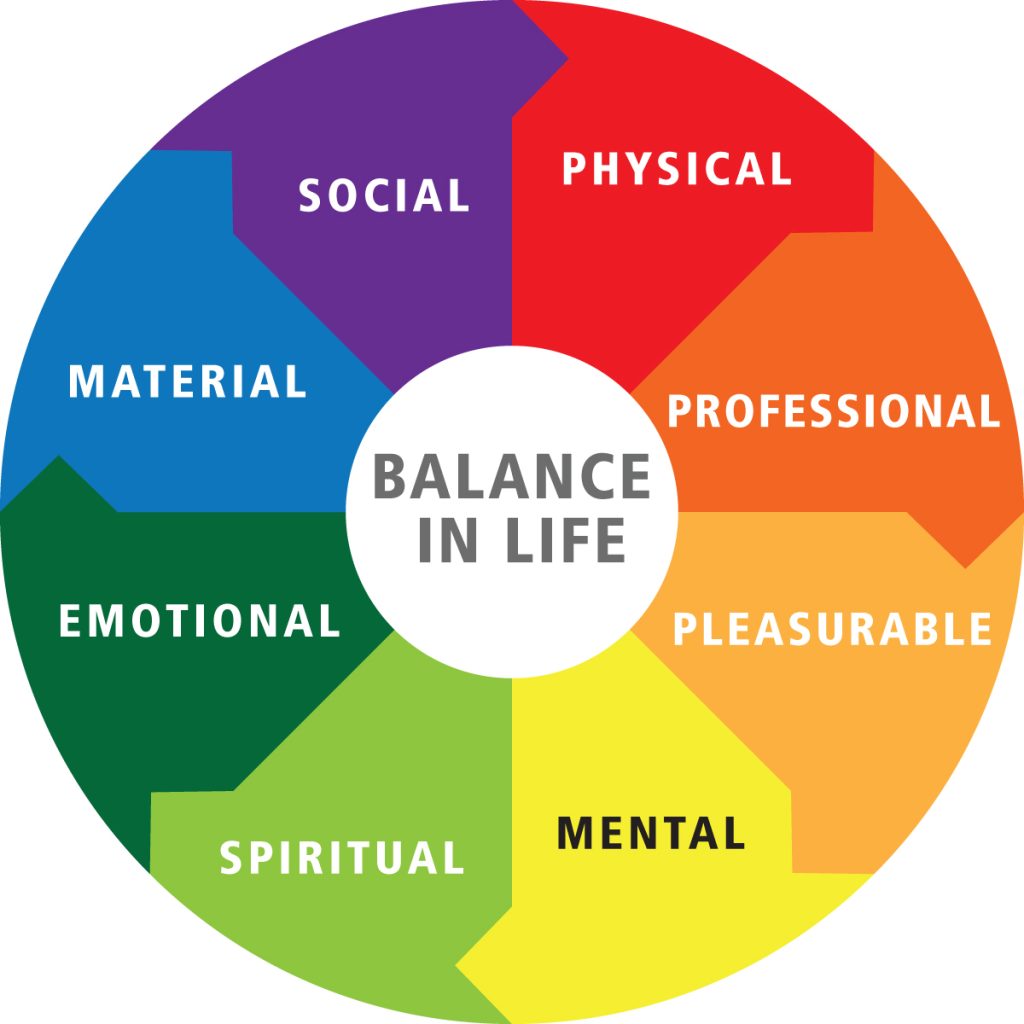Setting boundaries is an essential part of maintaining healthy relationships and ensuring that your own needs are met. Boundaries are the guidelines we set for ourselves and others in order to define our personal limits and protect our emotional and physical well-being. However, many people struggle with setting boundaries because they fear feeling guilty or hurting others. It’s important to remember that setting boundaries is not selfish or mean, but rather a necessary part of self-care and maintaining healthy relationships. Here are some tips on how to set boundaries without feeling guilty.
1. Recognize the importance of boundaries: Before you can set boundaries without guilt, it’s important to understand why boundaries are necessary. Boundaries help to protect your mental and emotional well-being, prevent burnout, and maintain healthy relationships. Without boundaries, you may find yourself constantly feeling overwhelmed, resentful, or taken advantage of. By recognizing the importance of boundaries, you can begin to prioritize your own needs and set limits that are healthy for you.
2. Identify your boundaries: The first step in setting boundaries is identifying what your boundaries are. Take some time to reflect on what behaviors, actions, or situations make you feel uncomfortable, stressed, or drained. These are your clues to where you need to set boundaries. For example, if you feel overwhelmed by constantly receiving texts and calls from a friend or family member, you may need to set limits on when you are available to respond.
3. Communicate your boundaries: Once you have identified your boundaries, it’s important to communicate them clearly and assertively to others. It’s helpful to use “I” statements to express your needs and boundaries, such as “I need some space to recharge after work” or “I prefer not to discuss politics at family gatherings.” Be firm and direct in stating your boundaries, and avoid apologizing or making excuses for them.
4. Practice self-compassion: Setting boundaries can be challenging, especially if you are used to putting others’ needs before your own. It’s important to practice self-compassion and remind yourself that it is okay to prioritize your own well-being. Remember that setting boundaries is not a reflection of your worth or value as a person, but rather a necessary part of self-care.
5. Be prepared for resistance: It’s common for others to push back or resist your boundaries, especially if they are not used to you setting limits. Be prepared for this and stay firm in your boundaries. Remember that it’s not your responsibility to make others comfortable at the expense of your own well-being. Stay true to your needs and prioritize your own mental and emotional health.
6. Set consequences: Setting consequences for when your boundaries are violated can help reinforce the importance of your limits. For example, if a friend continues to call you late at night despite your request for space, you may need to set a consequence such as not answering the phone or limiting contact until your boundaries are respected. Consistent enforcement of consequences can help reinforce the importance of your boundaries.
7. Practice self-care: Setting boundaries can be emotionally draining, especially if you are met with resistance or pushback. It’s important to practice self-care and prioritize activities that recharge and nourish you. Whether it’s spending time in nature, practicing mindfulness, or engaging in a hobby you enjoy, make time for self-care to replenish your emotional reserves and maintain your boundaries without guilt.
8. Seek support: Setting boundaries can be challenging, especially if you are navigating complex or difficult relationships. It can be helpful to seek support from a therapist, counselor, or trusted friend who can help you navigate setting boundaries and provide guidance on how to maintain them without guilt. Remember that you are not alone in this journey, and it’s okay to ask for help when needed.
In conclusion, setting boundaries is an essential part of maintaining healthy relationships and ensuring that your own needs are met. It’s important to recognize the importance of boundaries, identify your boundaries, communicate them assertively, practice self-compassion, be prepared for resistance, set consequences, practice self-care, and seek support. By prioritizing your own well-being and setting boundaries that are healthy for you, you can maintain healthy relationships and avoid feeling guilty for prioritizing your needs. Remember that setting boundaries is not selfish or mean, but rather a necessary part of self-care and maintaining emotional and mental well-being.

